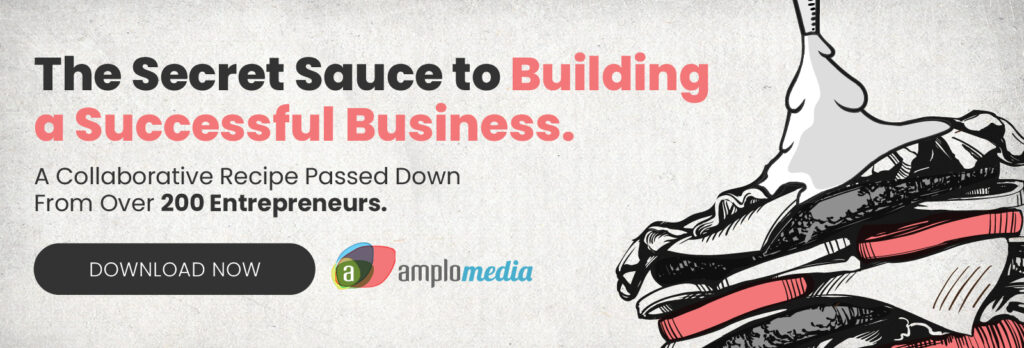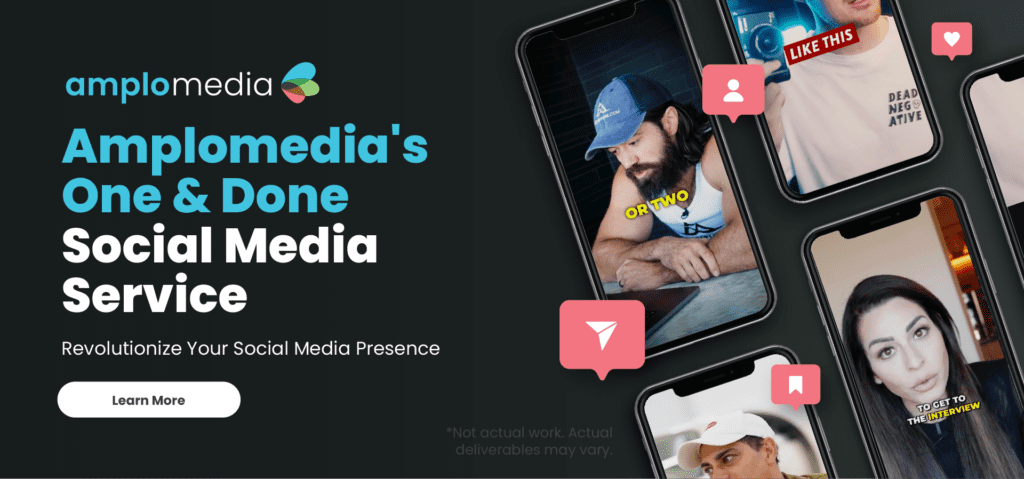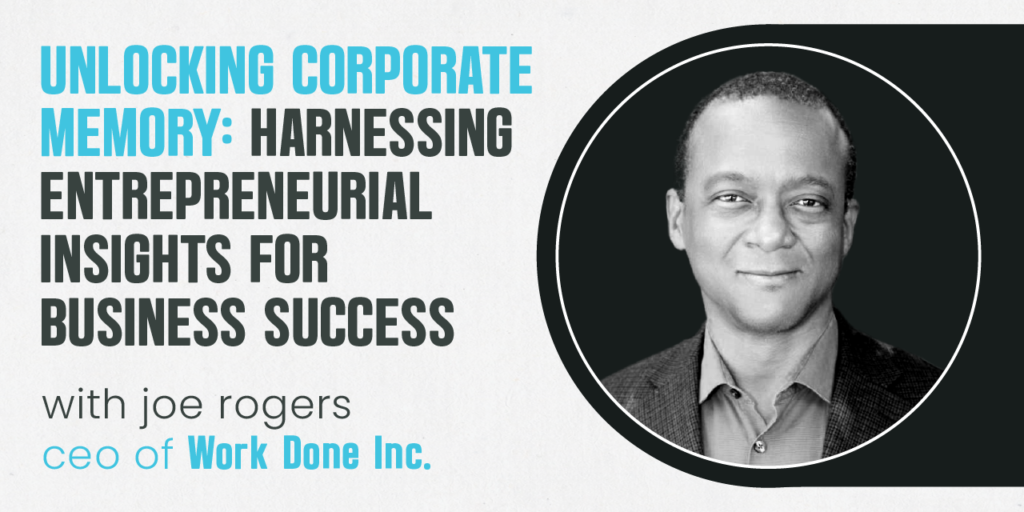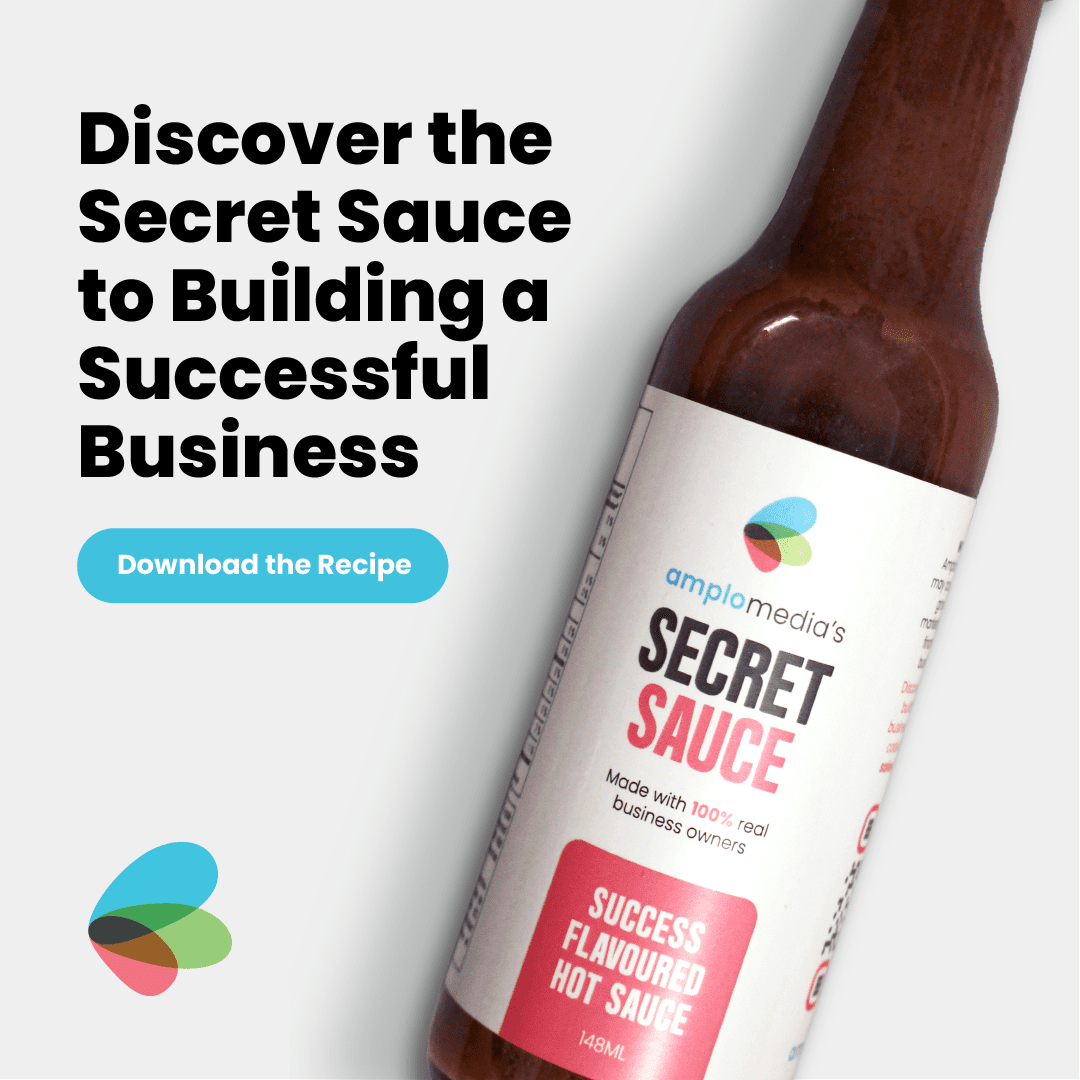In the modern business landscape, information is power—but retaining that power when faced with turnover and growth can be a challenge. Joe Rogers, a tech entrepreneur, patented inventor, and CEO of Work Done Inc., delves into the crucial aspects of corporate memory and the journey of a successful entrepreneur in our latest Entrepreneur Story. This insightful story navigates through the importance of preserving operational knowledge, redefining entrepreneurial identity, and the ambitious goals that drive business innovation.
What are three things every entrepreneur should know?
Number one, it’s not easy. Number two, which is kind of part of number one, is expect rejection. Learn to thrive on rejection. And number three is your business does not define who you are. In our capitalist society – probably in all societies. I think it’s a human trait – we identify ourselves by what we do in terms of an occupation. It’s a label, and labels change. And we can intentionally change our labels, but if we identify ourselves by our labels, then we can lose sight of who we are.
I wasn’t put on earth to be a software entrepreneur. I do it. I enjoy it, but that’s not the purpose of life. I feel like my meaning is to have connections, share my learnings, learn from others, and try to move the species forward. You can do that as a garbage man, or an insurance salesman, or a podcast host.
What problem does your business solve, and who are its customers?
To keep it high-level, we try to solve the problem of knowledge walking out the door when someone retires or changes jobs. In a company, there’s content, and there’s process, and then there’s people. And we actually capture the process operational knowledge by observing knowledge workers do their work, capturing the outcomes, and determining the best practice around how certain types of work should be processed to get the best outcome. And that’s what’s stored in the corporate memory. So it’s very much about workflow.
So somebody who’s been underwriting mortgage loans for years, they retire, and somebody new comes in from college, if they see something weird, we’ll be able to discern the best practice, populate the corporate memory, and then, that corporate memory trains an LLM like ChatGPT, and the new worker will say, “How should I process this loan application?” and the LLM will spit out the steps. So essentially, it becomes an oracle for best practices.
So that’s what we mean by corporate memory.

What inspired you to become an entrepreneur?
It’s a funny story, actually. I went to Harvard Undergrad as a computer science major when I was 16, and I quickly realized that I was much too young, immature, and ill-prepared. I was in over my head. So I realized it was not a rush. I was not in a rush, and I took some time, and I left school a couple of times, and the last one was a year before my senior year. I came out to California, where I’m from, and I was couch surfing, and I got a two-day temp job with a company that pioneered client-server, document management, and workflow tech, and I taught myself their proprietary programming language. So I worked for them during my last year of college in Boston.
When I graduated, they had a customer in Beverly Hills, an insurance company that needed some help. So I started as an independent contractor just programming on the file net system. I built a little consultancy, hired some people, then I went off and tried to build a software package and made every mistake possible. Eventually, I had an epiphany of how I could automate myself as a consultant, and that was the genesis of Work Done Inc.
Knowing what you know now, how would you have spent a million dollars when you first started your business?
If someone had invested a million dollars into my startup, I would have built an MVP – actually, I have a term, “MMVP,” the minimum minimum viable product – and then get it in front of people that will hopefully pay you money for it, as fast as possible.
You have to have money to fund development, and you have to have money to fund seeding the market.
So I’d spend money on development, on getting some early customers, and then I’d work on putting together a core team of fractional resources that are available on demand for when I need them. Things ebb and flow, and sometimes it gets heavy, so I like having people on hand that I can call and say, “Hey, I haven’t talked to you in a week, but now I need this tomorrow.” So I’d spend some of it on having those core people on demand.
Essentially, most of that million is going to be used to make more money.
What is your proudest accomplishment as an entrepreneur?
Back in 2018, I applied for a patent, and it finally came through in April of last year. So having to go through and update my descriptions and bios everywhere to say, “patented inventor” was a pretty big high point, if I’m being honest!
So now, you can say that I’m an eccentric genius instead of just eccentric!
What big goals are you looking to achieve?
This corporate memory that I described, nothing really exists like it in the enterprise Software as a Service space because we learn the best practices in the background. There’s no UI. So people just keep working the way they’ve been working, and we capture the best practices. Once the corporate memory is trained up, we can automate a lot of the main straight-through processing, which frees up people to do more exception processing, troubleshooting, more creative and strategic tasks, and less tactical. As a result, if there is an exception, they then come into our environment. They get an email with a link saying, “Hey, here’s one that we couldn’t process. Please take a look and sort it out.”
That corporate memory offering, my target for this year is to get it into the Microsoft Azure marketplace, and then customers can go there, and eventually, Microsoft will buy us.
While the journey of entrepreneurship can be unpredictable, Joe Rogers illustrates that with the right mix of ingenuity, resilience, and focus, the pathway to success is paved with learned best practices, a separation between personal and professional identity, and ambitious, well-defined goals. These insights, when applied correctly, can be transformative, offering up a road map for other entrepreneurs to follow.
Joe’s journey from a precociously young Harvard attendee to a seasoned entrepreneur and his anticipation of joining tech marketplaces like Microsoft Azure remind us that the entrepreneurial path is never linear, neither prescribed by age nor experience, but rather defined by agility, learning, and a vision for the future. As we look ahead, it is clear that the individuals and enterprises who are able to effectively leverage their corporate memory, apply acute business acumen, and maintain an authentic self-image will be those who write the next chapter of innovation and business success.


